Single Use Is the Enemy
When it comes to going zero waste, single use anything is the enemy, and Q-Tips are a prime example of a product that's wasteful by nature!
You can use multiple in one sitting, and you really can't use them again because that's not at all sanitary.
If you haven't seen the reality check of a photo that's been all over the internet recently here it is. Wildlife photographer Justin Hofman (@Justinhofman) posted it to Instagram this September:
So you shouldn't use Q-tips because they are generally terrible.
But even if you're not motivated by conscience, why else should you move away from these little buggers?
Q-Tips are actually terrible at removing wax
Yup. Q-Tips over time push wax further into your ear, eventually blocking your hearing. This can lead to needing treatments where you actually need to get the wax vacumed out of your ear! Ya, that doesn't sound to pleasant to me either...
They can cause infection
The American Hearing Research Foundation recommends against using cotton tipped applicators (such as Q-tips), not only do you run the risk of breaking your ear drum and jamming wax deeper inside your ear, but they also also increase the risk of bacterial infection of the external canal, commonly called swimmer’s ear (Nussinovitch et al 2004).
Alternatives
NOTE: If you have something weird going on with your ears, like ear pain, abnormal discharge, tubes, or a potentially ruptured ear drum, stop reading blogs and talk yo your doctor, you may need medical attention.
1. HYDROGEN PEROXIDE
For a deeper clean, you really need to soften the wax in the canal and let it pour out itself.
Lie down on your side and squeeze a few drops of hydrogen peroxide into your sky-facing ear. Don’t let the fizzing and popping noises freak you out—that means it’s working. Let it sit for 10 to 15 minutes, then tilt your head into the sink or a bowl to drain the remaining solution and the wax it dislodged out of your ear.
2. OLIVE OIL.
The American Hearing Research Foundation recommends adding two to three drops of olive oil into your ear, then letting it drain out, on a regular basis. They suggest doing this once per week in each ear to help soften ear wax so that it can work its way out.
3. Ear-picks
Consider these Q-tips of the past, and potentially the future. They have been recorded in medieval and Roman periods, the Viking-age and at 9th century Anglo-saxon sites.
Ear picks do the job that Q-tips fail at, removing the wax from the outer ear. So don't stick this sucker all the way into your ear, that's how you pop ear drums. Simply use the small hooked end to remove wax from the area just before your ear canal.
I would use this as a supplemental method to the ones listed above.
I got my metal ear pick from the Zero Market in Denver. You can find wood ear picks on Etsy, and metal ones like mine on Amazon. Be sure to clean using hydrogen peroxide in between uses!
Note: Many sources recommend not putting anything small into your ear, including ear picks. However this is generally because if you place them too far into your ear (into the inner canal) you run the risk of rupturing your ear drum and jamming wax deeper inside your ear. So only use ear picks to clean the outer portions of your ear, no deeper! As a guideline: try placing your pinky finger gently into your ear (no shoving!), do not use the ear pick any further than your pinky finger can go!
4. GO TO THE DOCTOR.
If you're reading this post because things are so backed up in your ear that you're having trouble hearing or experiencing pain of any kind, you need to go to the doctor. Call your General Practitioner, or get a referral for an Ear, Nose and Throat doctor (ENT) who can give you a safe, heavy duty cleaning.
5. GO natural
If you are a die-hard Q-tip user and just are not willing to give them up, then I recommend buying 100% organic cotton Q-Tips. These are compostable and are less chemically laden than traditional Q-tips.




